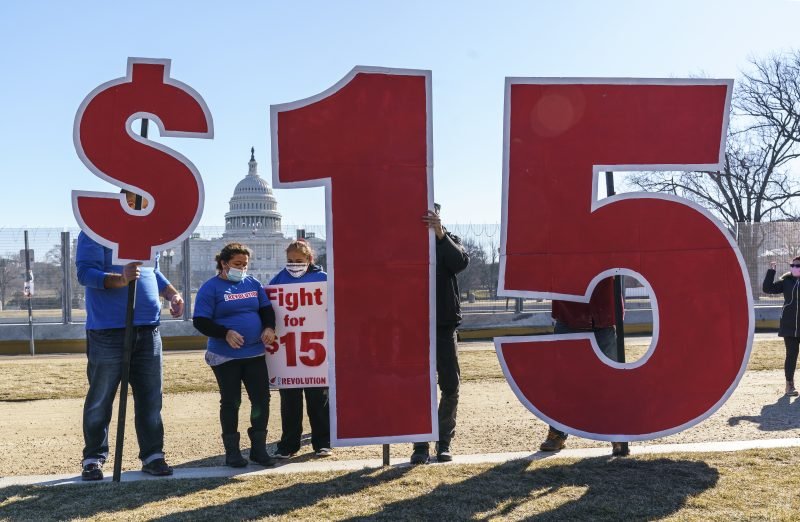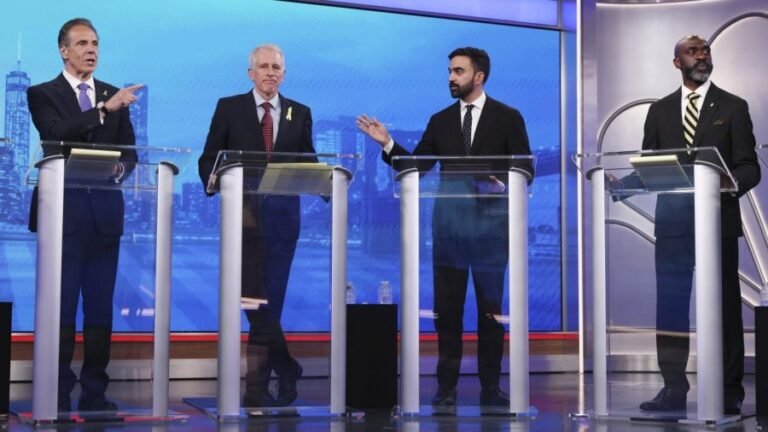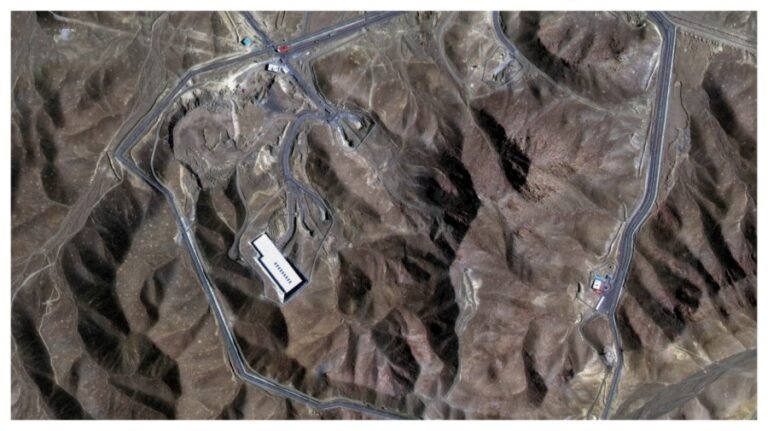
(NEXSTAR) — Sen. Josh Hawley (R-Mo.) has introduced legislation that would raise the federal minimum wage to $15 an hour as early as next year, replacing the current rate of $7.25 an hour. For the states that already have minimum wage rates at or above $15 an hour, the change likely won’t be as significant.
In 2025 alone, more than 20 states saw an increase in their minimum wage.
With the exception of the District of Columbia, where the current minimum wage is $17.50, the state of Washington has the highest minimum hourly rate of $16.66.
In three states — Delaware, Illinois, and Rhode Island — the statewide minimum hourly rate has reached $15 for the first time. Effective July 1, Oregon will also have crossed that threshold.
California, Connecticut, New Jersey, Maryland, Massachusetts, and New York also continue to offer above $15 an hour.
The interactive map shows where the minimum wage is and isn’t rising this year, and the current hourly rate. (The exception is Florida, where a minimum wage hike is expected in September.)
It’s worth noting that some cities and counties within the states mentioned above have higher rates than the statewide wage, and some industries may have higher (or in the case of tipped workers, lower) hourly pay.
There are five states — Alabama, Louisiana, Mississippi, Tennessee, and South Carolina — that do not have a minimum wage. In Georgia and Wyoming, the minimum wage is $5.15. Employers in these states that are covered by the Fair Labor Standards Act must pay the federal minimum wage of $7.25, according to the U.S. Department of Labor.
Will the federal minimum wage increase to $15 an hour?
It’s unclear, as of Tuesday.
Hawley’s bill, which also calls for an automatic rate increase to match inflation over time, does have bipartisan support. Sen. Peter Welch (D-Vt.) cosponsored it.
The GOP-controlled House and Senate, though, have also been focused on Trump’s priority legislation.
President Donald Trump previously referred to the current rate of $7.25 an hour as a “low number” in December, but the White House declined to comment on Hawley’s proposed legislation to The Hill.


